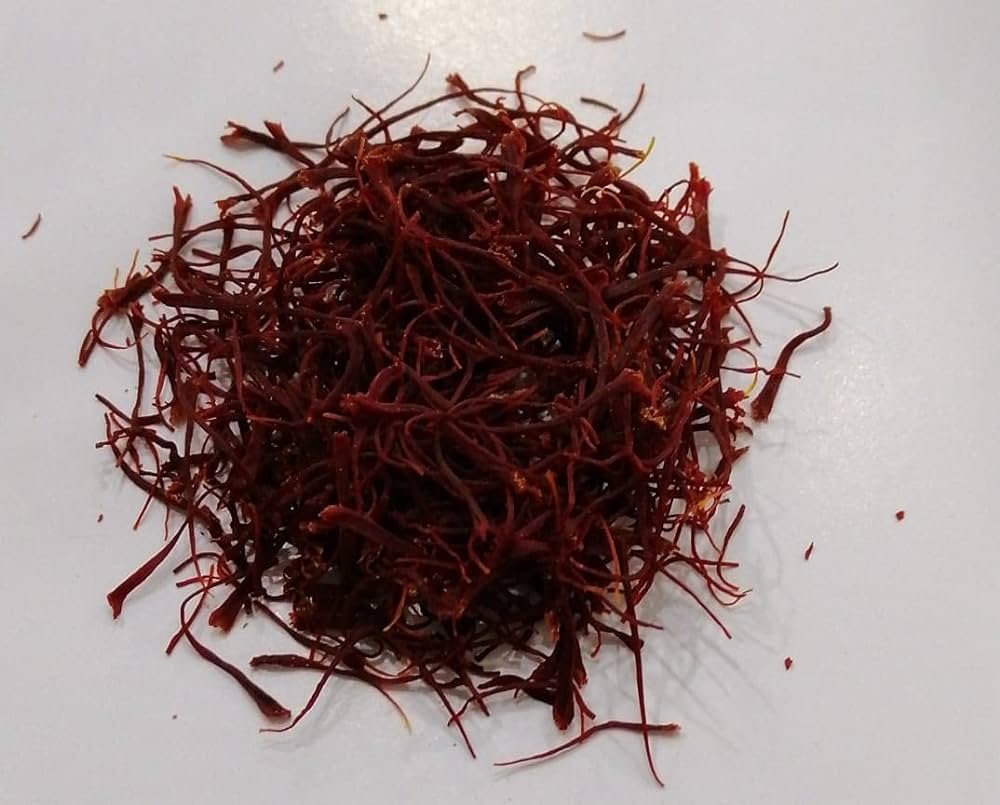CSIR-IIIM & HAPICO Industries Sign MoU for collaborative Biopesticide development
The focus of the collaboration would be on formulating a biopesticide derived from a potent indigenous microbial strain identified by CSIR-IIIM.
In a significant step toward fostering industry-academia collaboration, the CSIR – Indian Institute of Integrative Medicine (CSIR-IIIM), Jammu, signed a Memorandum of Understanding (MoU) with M/S HAPICO Industries Private Limited to jointly develop novel biopesticides.
The MoU was formally signed by Dr Zabeer Ahmed, Director, CSIR-IIIM, and Mr. Shabeer Ahmed, Managing Director, HAPICO Industries, in the presence of Dr Asha Chaubey, Senior Principal Scientist & Head, FMB Division; Dr Saurabh Saran, Principal Scientist, FMB; and Dr Love Sharma, Scientist, RMBD&IST.
This strategic partnership aims to address the detrimental impact of chemical pesticides on human health and the environment. Given the rich biodiversity of medicinal and aromatic plants, the collaboration seeks to harness their potential for developing innovative and sustainable biopesticide solutions.
Speaking on the occasion, Dr Zabeer Ahmed reaffirmed the commitment of CSIR-IIIM to the translational and sustainable approach in biopesticide development and providing industrial interface to the technologies emanating from the collaboration, ensuring direct benefits for farmers across the country. He also expressed confidence in achieving the project objectives within the stipulated timeline. CSIR-IIIM, with its advanced fermentation and microbial technology infrastructure, has been actively engaged in research pursuits and development of agricultural solutions, including plant growth-promoting products, Active Pharmaceutical Ingredients (APIs), enzymes and biocontrol formulations.
Shabeer Ahmed, Managing Director, HAPICO Industries, highlighted the collaboration as a strategic initiative to expand the company’s product portfolio and contribute to sectoral growth. “By leveraging CSIR-IIIM’s scientific expertise, HAPICO aims to develop innovative, sustainable solutions that align with the evolving market demands,” he stated.
Elaborating on the technical aspects, Dr Asha Chaubey, Head, FMB Division, emphasized that the focus of the collaboration would be on formulating a biopesticide derived from a potent indigenous microbial strain identified by CSIR-IIIM.
The agreement signing ceremony was jointly organized by the RMBD&IST and FMB Divisions, under the overall supervision of Er Abdul Rahim, Head, RMBD&IST Division, and under the patronage of the Director, CSIR-IIIM, Jammu.
The focus of the collaboration would be



